Many expected the abrupt resignation of Jacinda Ardern to fatefully deprive New Zealand’s government of its best asset. However, the moderate pragmatism of her successor, Chris Hipkins, may in fact have allowed many Kiwis to give themselves permission to return to Labour.
Within a fortnight of taking over, Hipkins has been confronted with a quick succession of civil defence emergencies, with the second, Cyclone Gabrielle, being the most significant weather event in New Zealand so far this century. At least 10,500 people have been displaced by Gabrielle so far, according to officials.
The new Prime Minister has none of his predecessor’s star power, although he is widely seen as competent and trustworthy after his time in charge of the Covid-19 effort. His response to the cyclone thus far has had the effect of reinforcing that reputation.
Prior to this emergency, Hipkin’s rebrand of the post-Ardern Labour government went almost without a hitch. Seen to be on the right of the Labour party, committed to practical ‘Third Way’ politics, his back to basics mentality has been rewarded with a boost in the polls for the party. Labour has regained momentum.
Hipkins has also established a regular media round, conducting interviews in-studio with all the major outlets, something Ardern had moved away from in recent years. However, the economy is still in trouble, inflation is still high, and there is a persisting disillusionment with Labour’s failure to deliver on its flagship policies. For Hipkins, it will take substantial discipline to explain why priorities in development since Labour came to power nearly six years ago, such as the proposed national income insurance scheme, are now suddenly no longer worth progressing with.
To simplify the agenda, reduce distraction and avoid the political trope that explaining is losing, Hipkins has indicated he would extend a fuel tax cut introduced last March. He reversed a merger of TVNZ and Radio New Zealand into a single public media entity, kicked an unemployment insurance scheme down the track and, perhaps to ward off any identity politics campaign snags, has deferred hate speech legislation. Conscious, maybe, that he couldn’t be seen to be simply divesting the government of pieces of its agenda, Hipkins has also thrown an increase in the minimum wage into the mix.
Hipkins has taken power in challenging economic circumstances. Having trimmed down the agenda, his intention may now be to dish out more money through direct payments, whether through the welfare system, or modest cost-of-living payments like those announced at last year’s Budget, or via tax cuts.
Another, unforeseen consequence of Hipkin’s becoming Prime Minister is its significant effect on the electoral narrative as New Zealand heads toward a general election later this year. Prior to Ardern’s resignation, the hardening assumption was of a gradually ascendant opposition, and a likely new government.
Sometimes, though, when a ubiquitous, big figure of the age steps aside, people actually warm to the low-key, less contentious successor. This is how you have a Harold Macmillan who settles in and wins after Anthony Eden, or a John Major who wins in 1992, or a Gerald Ford who comes extraordinarily close to winning in 1976.
Hipkins, at least initially, seems politically sharper than Christopher Luxon, the leader of the opposition National party who, for the first time, is looking slightly flatfooted. Luxon was impressive throughout 2022. He managed to unify the party and provided an effective contrast to Ardern. A dynamic, results-driven private sector executive was a perfect foil to a prime minister whose brand of idealism was looking increasingly nebulous and patchy.
But with Ardern’s departure, and her replacement by a practical, results-driven moderate with a track record of responsive governance, Luxon’s image as a leader-in-waiting, eager to take over from a stale, two-term social democratic government, has lost much of its lustre. Incumbency is a significant advantage in New Zealand politics, overcome only by compelling differentiation. Now, at a leadership level, the choice is between two not particularly charismatic men known for their managerial competence.
Luxon’s personal poll ratings will be a cause for concern within the National party. All recent opinion polls have shown some form of modest decline in support. One research poll showed National fell by nearly three points and Labour rose by the same amount, putting both major parties at 34 per cent.
Support for Luxon as New Zealand’s preferred prime minister has also declined in polls conducted since Hipkins came to power. In one, his net favourability rating fell to -5 per cent, down from -1 in January. In contrast, Hipkins’ net favourability stood at 27 per cent.
Other recent surveys have held similar bad news for National. According to the last Newshub poll, while 53 per cent said they trusted Hipkins, only 37 per cent said the same for Luxon (with 44 per cent saying they actually distrusted Luxon).
A few pundits have raised the potential for Hipkins to call an early election to capitalise on the initial goodwill, the response to the cyclone, and to audaciously seek a fresh mandate. Officially, the Prime Minister’s office says that no consideration is being given to changing the date of the election and that the Prime Minister’s focus is on the emergency response to Cyclone Gabrielle and the cost of living crisis.
Despite this short-term boost, and re-emergence into contention, those in the Labour government will hardly be ebullient about the state of the country. Two and a half years ago they were a single party government – something not achieved since proportional representation was introduced in the 1990s. Yet somehow they managed to squander the opportunity to enact widespread and enduring change, or deliver on key promises around housing and poverty. Many of their priorities have been removed, root and stem, by the new prime minister. Even if they were to scrape together a win this year, they would inevitably be compromised by the whims and concessions extracted by junior coalition partners.
Nevertheless, expectations, and even assumptions, of New Zealand turning rightward this year have been put on hold. For now.
Got something to add? Join the discussion and comment below.
Get 10 issues for just $10
Subscribe to The Spectator Australia today for the next 10 magazine issues, plus full online access, for just $10.

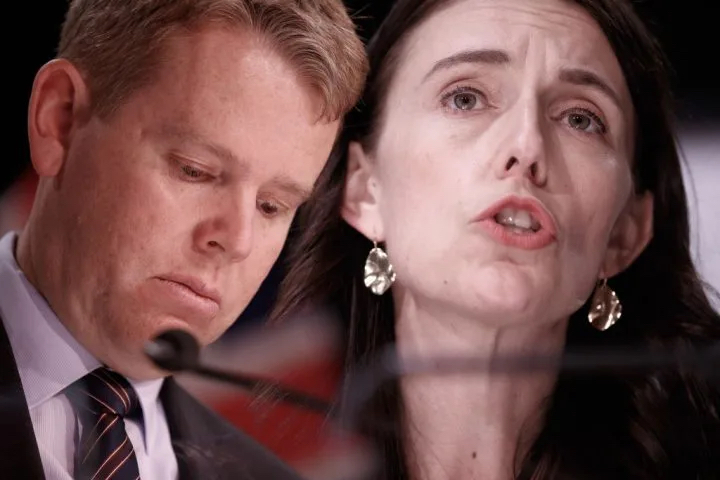
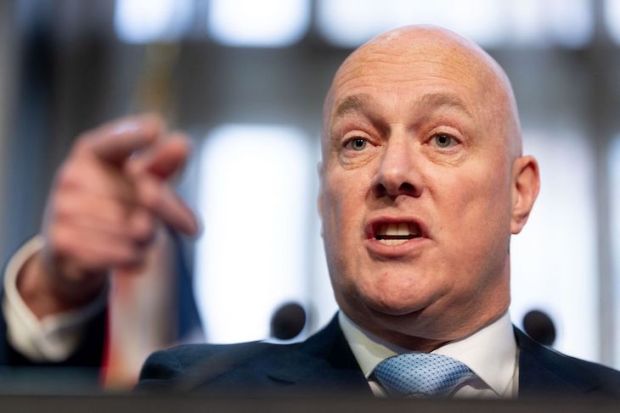
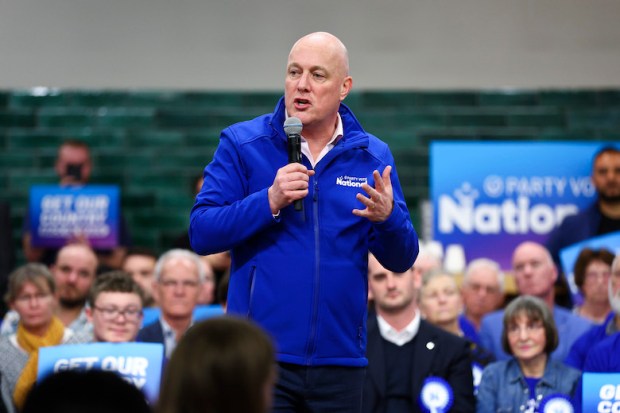
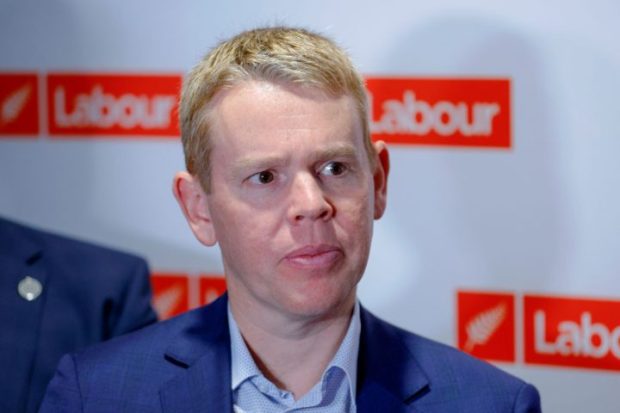
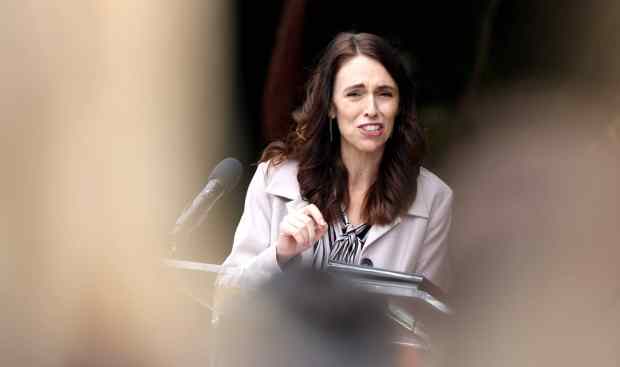
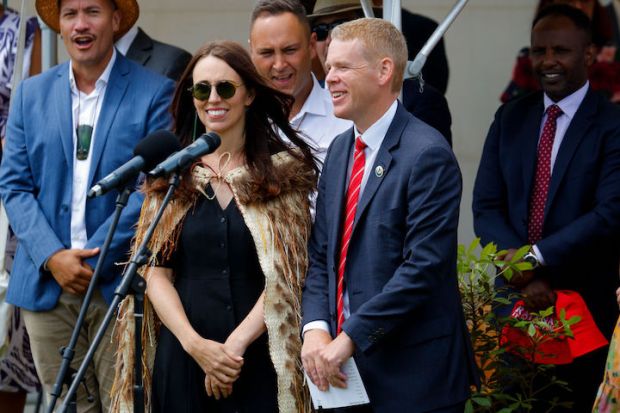
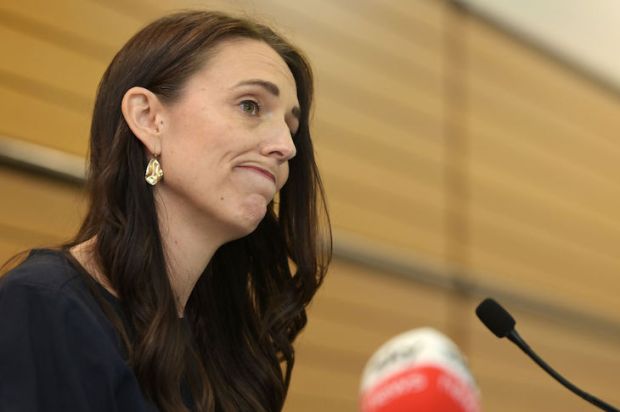












Comments
Don't miss out
Join the conversation with other Spectator Australia readers. Subscribe to leave a comment.
SUBSCRIBEAlready a subscriber? Log in